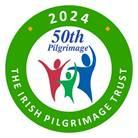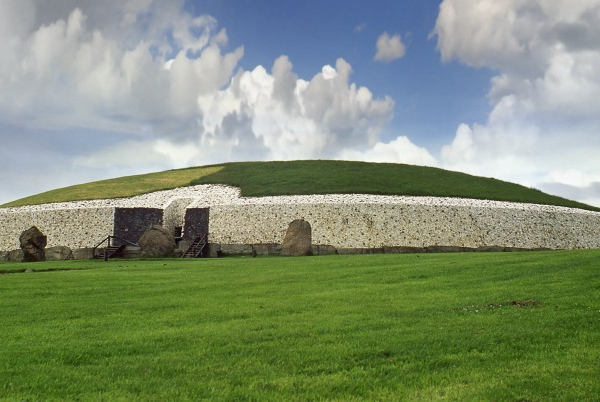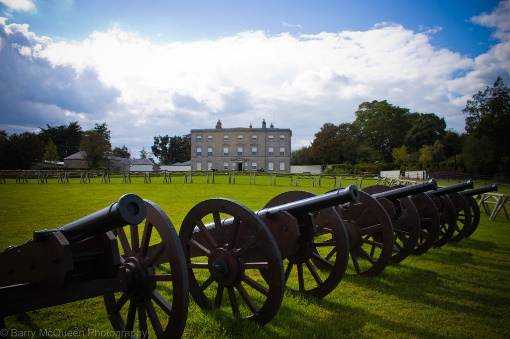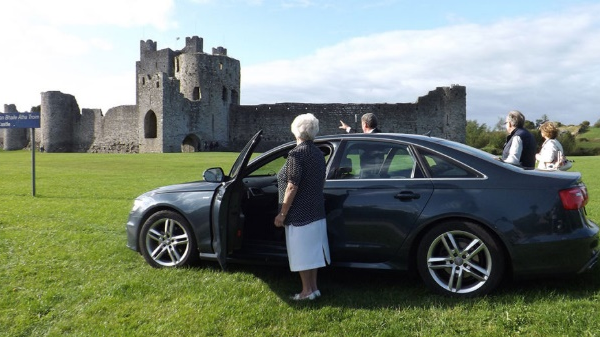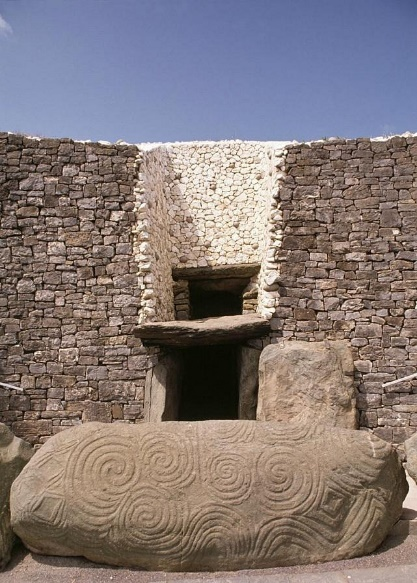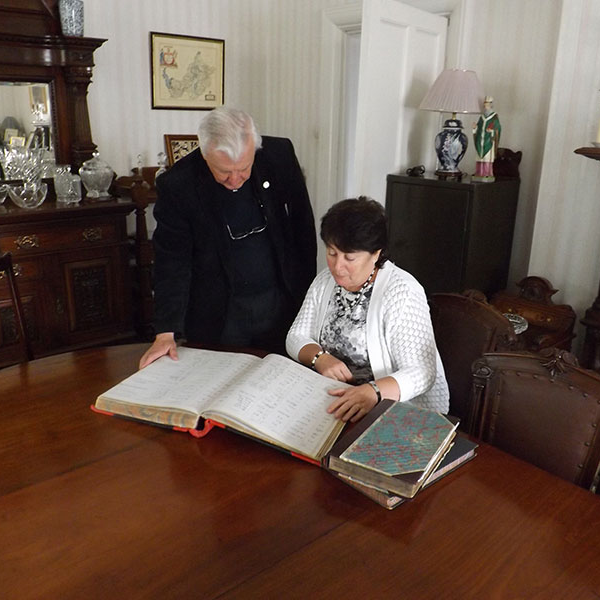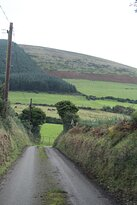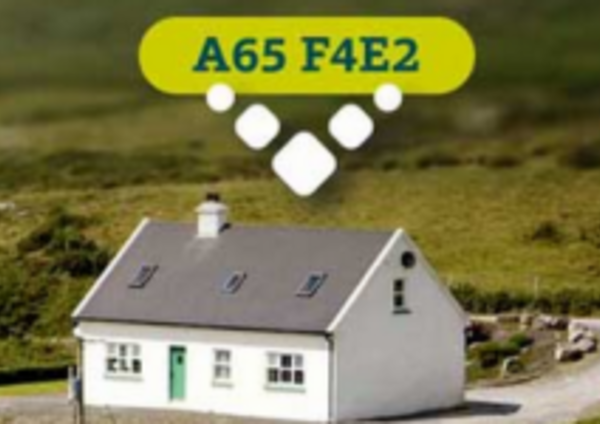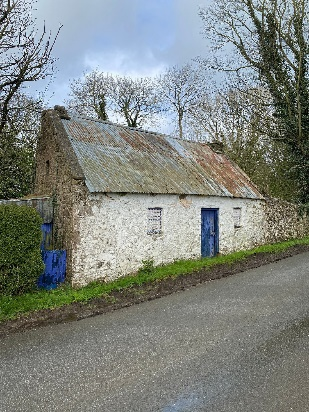Surnames have been in use for thousands of years and can be traced back to the earliest civilizations. They have revealed a lot about the cultures in which they were formed, so it’s not surprising that Irish surnames are unique and characteristic of the country’s population, and some are surprisingly rare. This blog post will focus on Irish surnames, both ancient and modern, which reveal much about their history and genealogy.
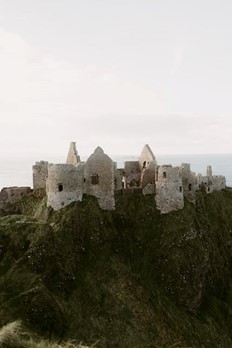
Background
Each name has its own intriguing background, as well as an individual significance that relates to a cultural theme such as spirituality or occupation. Some names may sound very similar, but there is a significant difference in their meaning.
Since each name has an origin and a history, we are also able to trace individual families back into Ireland’s ancient past, tracing their origins back to Celtic tribes who came to Ireland from Britain and Gaul. This search for roots, ancestry, and ancestry continues into Ireland’s modern-day as individuals still seek their roots via Catholic records such as parish registers, tombstones, or birth certificates.
The Origins of Irish Surnames
The origin of Irish surnames can be traced back to the 8th century when hereditary surnames were adopted in Ireland. The adoption of these first family names was an adaptation of English and Norman customs, due to the introduction of feudalism into Irish society. During the 11th century, the Norman invasion introduced many new family names into Ireland as a result of the occupation.
The Middle Ages
Clans and family names continued to grow during the Middle Ages in both Ireland and Scotland, particularly during the Gaelic revival in the 1300s when many new surnames were created by using prefixes such as Mac (meaning male descendant) and O (meaning female descendant). Some of the most common Irish family names are those of this period, such as Byrne, O’Brien, and O’Connell.
16th Century Onward
The 16th century introduced a system of land tenure that was similar to that in England, with surnames becoming more popular and widespread. However, many families weren’t included on this list as Ireland’s people were often persecuted by the English government, which resulted in many fleeing to find refuge across European countries such as France, Germany, and Spain.
The 18th century is a key period for Irish history. During this period many names became more common, and to show allegiance to the family, parents would include the name of the father or a similar surname in their children’s name. It’s also during this time that the use of surnames became more traditional, which is why they continue to be used today.
There were many individuals who fought in the Irish freedom struggle and after independence, many of their names were incorporated into Irish surnames. The most famous name of this period was Michael Collins, leader of the Irish Republican Army and president of Ireland, who died in 1922. Many new surnames were given to him in honor of his role in the fight for independence.
Modern Era
Irish surnames have been recorded by many different sources, with many of them allowing you to trace your family history further back into Ireland’s history. Some even include the name of a town, village, or county in Europe, which has facilitated research on ancestors who moved from one country to another and took their name with them.
If you wish to learn more about your surname, or trace your ancestry, reach out to us. We can provide you with a professional genealogy research service to help you trace your Irish roots. Hiring a professional genealogist can also help you resolve any mysteries related to your family history. At My Ireland Heritage, you can find professional help for your Irish genealogy research. We also offer Irish ancestry and genealogy tours. Get in touch with them to find


